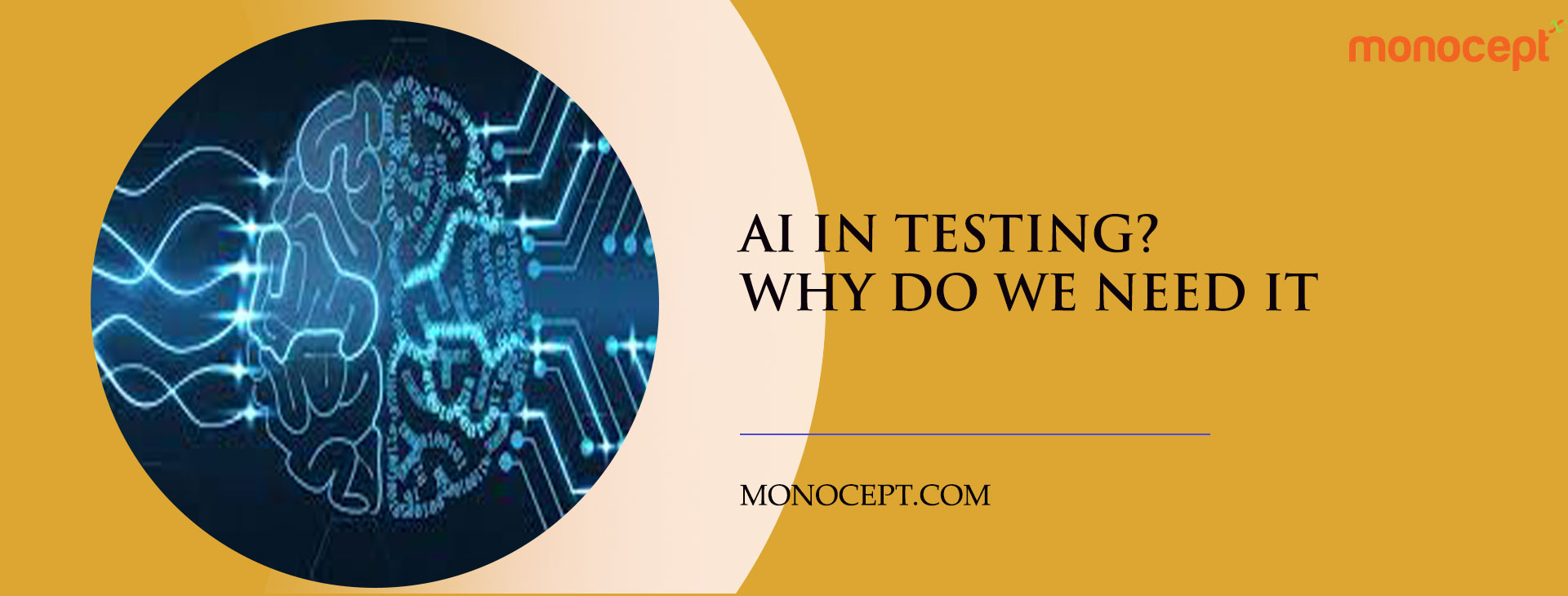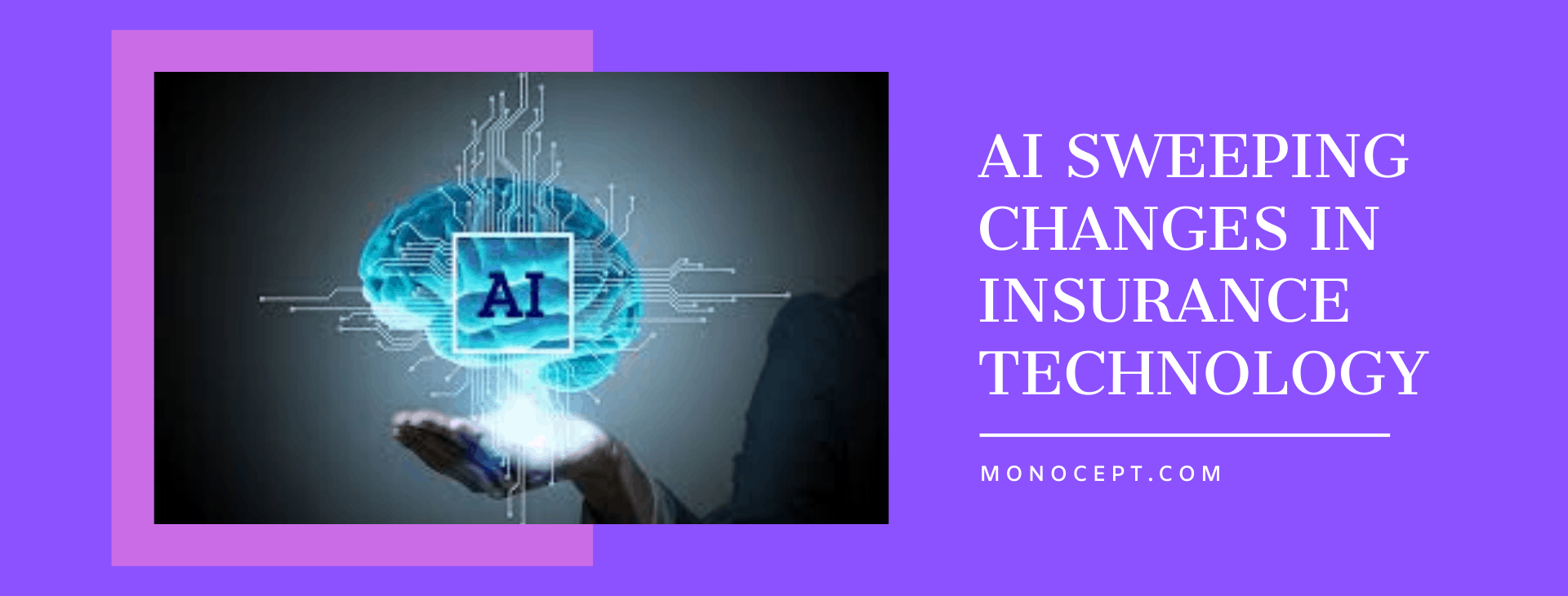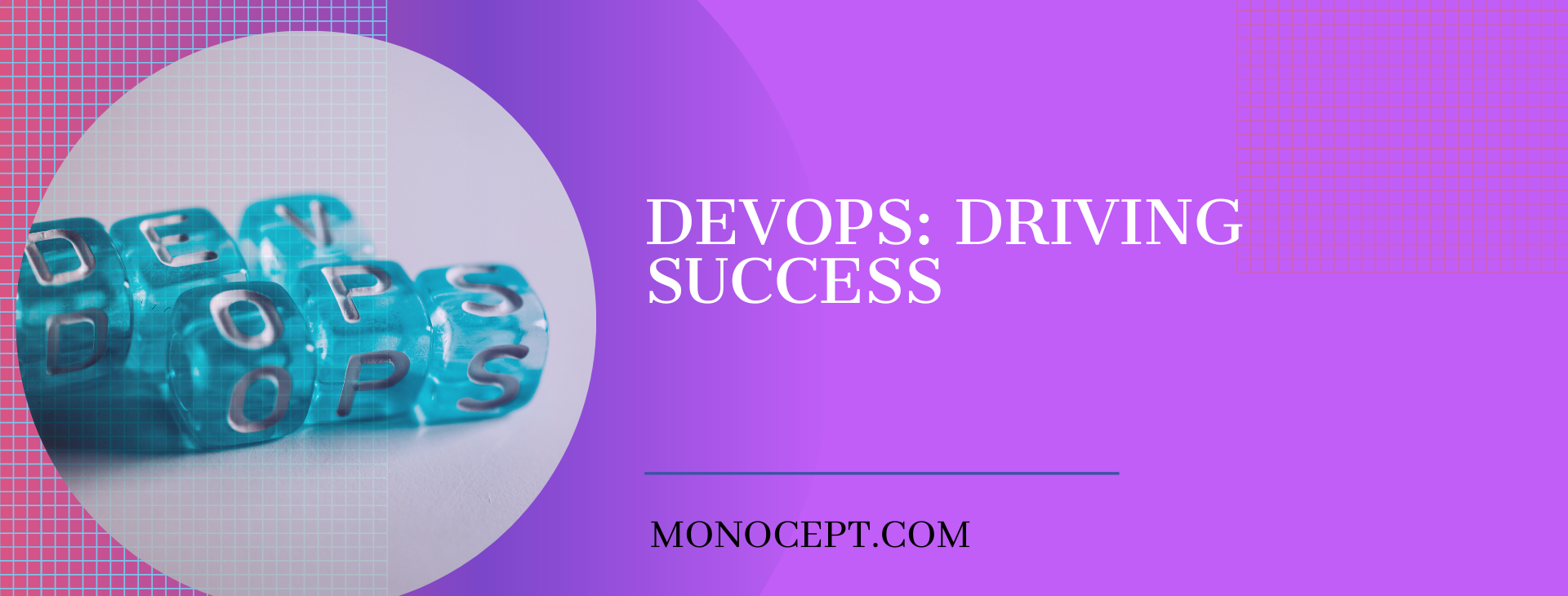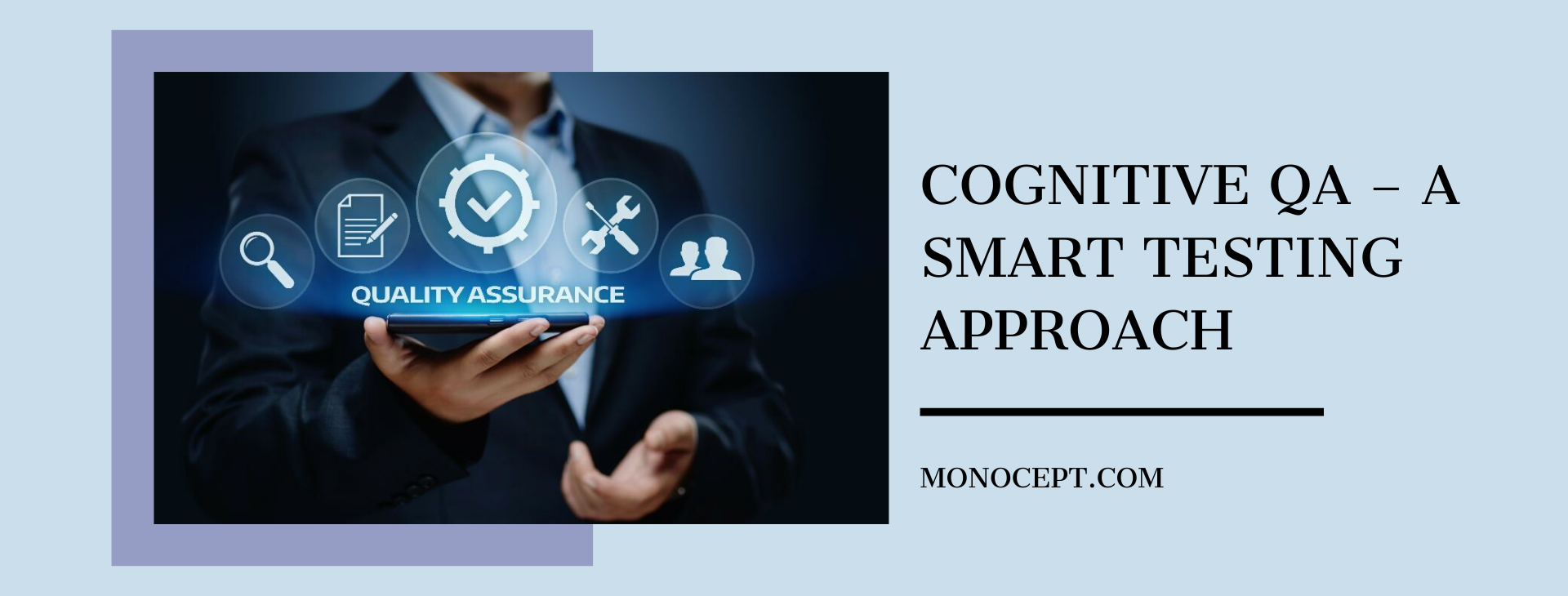AI in Testing? Why Do We Need It
AI is a buzzword that has been around for decades, but it’s only recently that we’ve seen this technology make its way into the software testing world. What does AI mean for testers? How can AI help them do their job better? In this post, I’ll be exploring these questions and more. We will cover what artificial intelligence (AI) is as well as why you might want to use it in your testing efforts.
I’ll also explore how AI could affect the future of software development and quality assurance. Lastly, I’ll share some thoughts on where we should go from here with such powerful tools at our disposal.
AI in testing is a significant trend among testers and has been around for quite some time. A 2020-21 World Quality survey says that over 21% of IT leaders and AI companies conduct assessments to maximize Artificial intelligence potential in software testing. However, you may wonder – why AI? How do AI-powered platforms truly benefit software testers and development teams?
This article looks at these real benefits, alongside artificial intelligence future in Software testing and QA automation.
Artificial Intelligence and Software Testing Automation
Testing automation is already a widely acknowledged tool in modern driving the speed and efficiency of modern QA. With this kind of testing, testers can run thousands of test cases in a short time. It automates repetitive test cases, allows for a faster feedback cycle and better defect detection. Testing automation also reduces test cycle times, enables efficient reuse of test cases, and helps achieve higher control and transparency of test activities. Overall, this kind of testing can help QA specialists make better decisions because they no longer have to handle the heavy work.
However, even with these widely acknowledged benefits, adoption is still low. This is mainly due to its lengthy test configuration. Still, configurations are becoming more complicated due to the demand for faster software releases. Many of these software releases involve complex networks of applications and technologies with conflicting resources and dependencies, which creates a new set of problems that test automation alone, struggles to overcome.
How AI in Testing Solves Test Automation Challenges
AI can overcome these bottlenecks. But how does this work? AI in software testing usually happens through its foundations – machine learning and neural networks.
Machine learning offers predictions and classifications about possibilities based on the data it has. Neural networks recognize underlying relationships by emulating parts of the human brain’s operations. Together or in part, AI can perform the following activities:
1. Classifying testing outcomes as possible defects
2. Identify the tests needed for each cycle of software development.
3. Assessing the possibility of an outcome being a defect
4. Identifying the relationship between the events of testing with outcomes
These actions show that AI can eliminate many challenges limiting efficient software testing. Are you not convinced yet? Here are the full details to help you understand why Artificial intelligence should be a part of your software testing and development cycles.
1. Efficiently Identify Bugs
AI in testing can make it easier to identify bugs early in the software development process. According to IBM’s System Sciences, the cost to fix an error in a product release is four to five times more costly than one discovered during the design phase and over 100 times more than bugs identified during maintenance. Therefore, with earlier detection, AI companies can enjoy significant cost savings.
2. New Approaches To Testing
When developers write test cases, they utilize the possibilities they already know. They often have no time to analyze other potentialities. With Artificial Intelligence, they can analyze project data within seconds to discover new approaches to test cases. It can use the data in your existing QA systems (source codes, test cases, logging, defects, resolutions, and defects) to identify your product’s problem areas. That way, they can harness the most efficient approach to create and manage test data.
3. Handles The Heavy Lifting
Artificial intelligence can script 100 tests in 1/100th of the time; it takes a single person to. Therefore, AI in testing can automate repetitive and mundane tasks in implementing and executing test cases. It also offers reports on code quality and can help organize the entire process. This frees up software testers to focus on more vital activities such as monitoring tests, making recommendations, and offering smarter feedbacks to businesses.
4. Predictive Analysis
Artificial intelligence can use your existing analytics data to identify market trends, buying habits, and customer needs. This allows testers and developers to stay ahead of your users’ growing needs and expectations for better service quality. Therefore, AI in testing can help testers create more specific test cases, leading to remarkable software releases.
Concluding Thoughts
No doubt, Artificial intelligence future in software testing is a tangible reality. Already AI companies are harnessing Ai’s tremendous benefits. In testing, it improves the configuring of test automation tools, boosts their performance, and helps achieve better results. This will, in turn, help testers become comfortable meeting the increasing demands for shorter development cycles. Beyond shorter development cycles, companies have the potentials of reaping remarkable cost savings.
Quality assurance and testing is a high cost for many software companies. In 2018, it took as much as 26% of their IT budgets. Artificial Intelligence can help these companies cut down costs and time. Evidence already suggests that AI might be the missing link that helps companies harness test automation benefits. It opens the pathway for more opportunities for automated testing optimization.
Automated testing is the key to increasing profits and minimizing errors. Leverage our expert automation testing services to boost your profits, minimize errors and reduce your time to market. We’ve helped companies like yours increase their sales by an average of 30%. Click here to consult our QA experts:





















































































